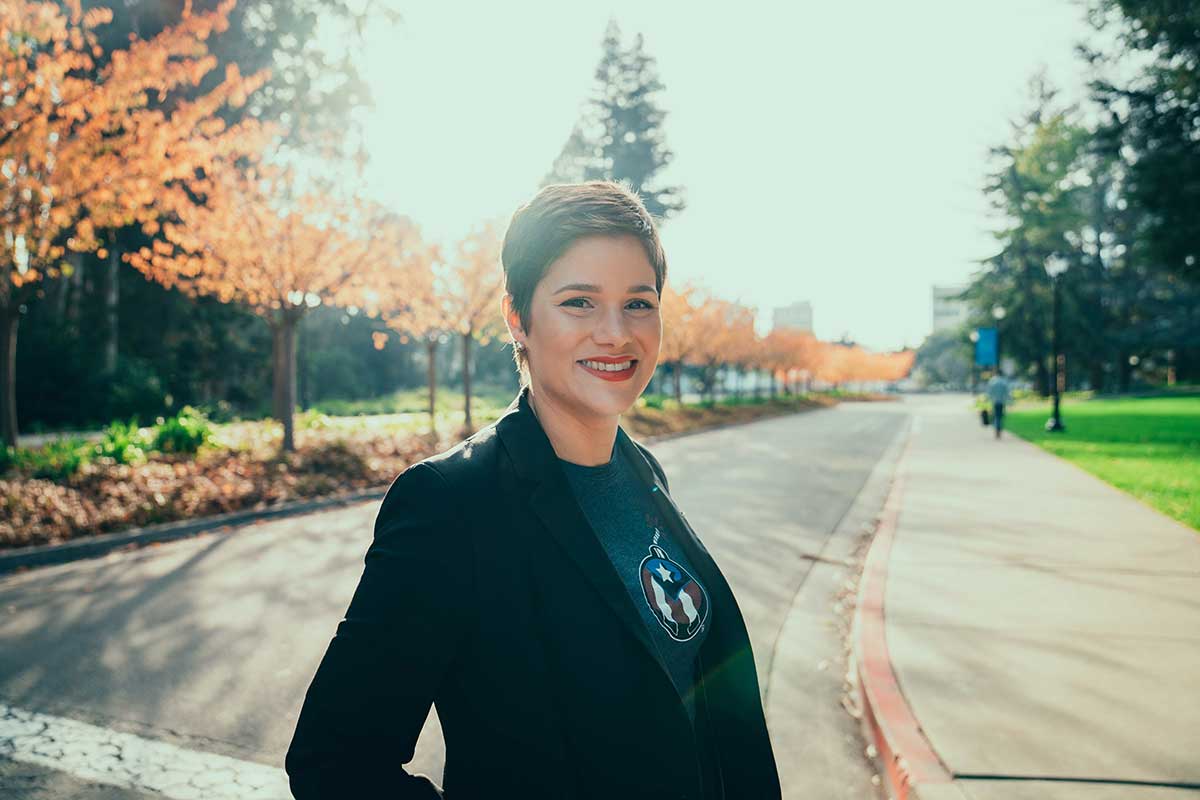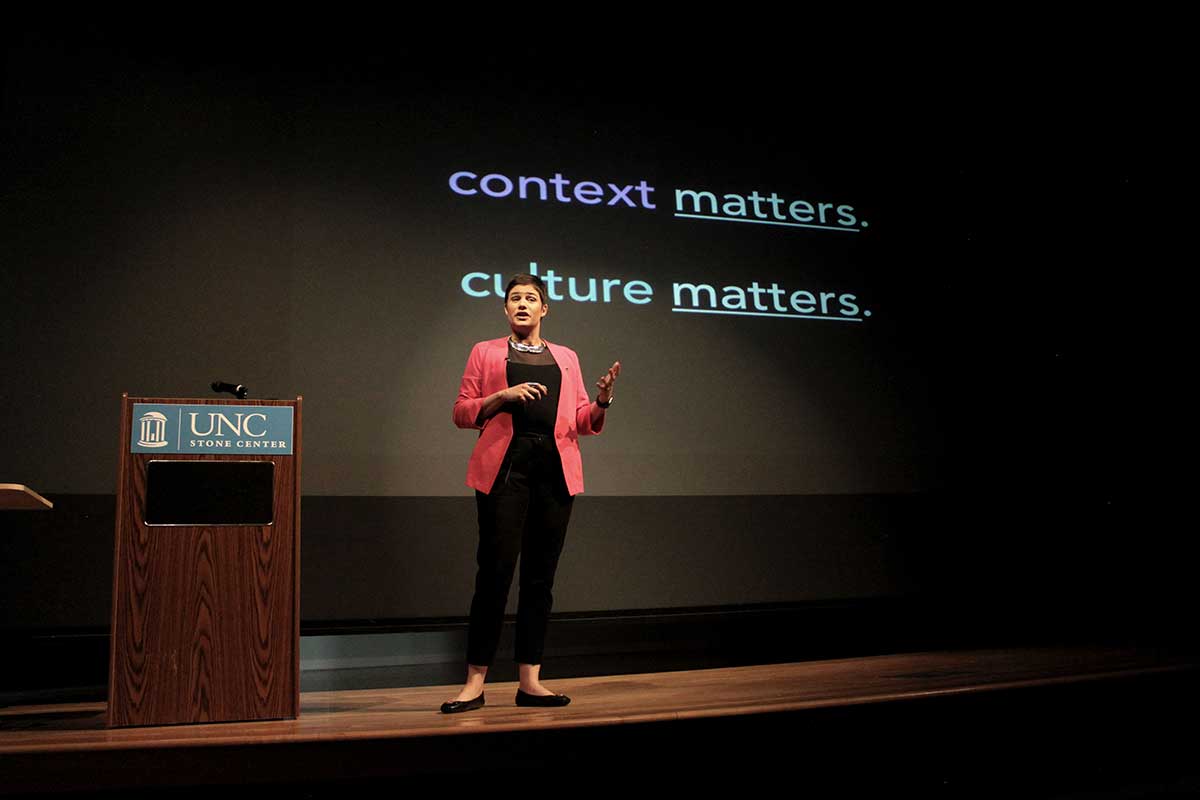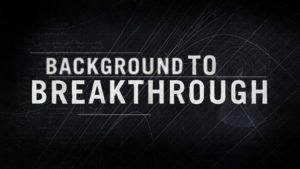Dr. Mónica Feliú-Mójer is our Associate Director of Diversity and Communication Training and the Director of Communications and Science Outreach for Ciencia Puerto Rico. Her many talents, skills, and roles mean there’s something new every day on the job(s).

What’s your background?
I was raised on a farm in a rural working-class community in Puerto Rico. I loved to catch and observe lizards and had a cow growing up. Being surrounded by nature is where my interest in all things biology began. I have an undergraduate degree in Human Biology from the University of Puerto Rico in Bayamón and did my PhD in Neurobiology at Harvard University.
Besides loving biology as a kid, I loved storytelling. I remember whenever my mom and I went to the mall, I would ask for a story book instead of a toy. Following these passions has taken me through winding roads, to unexpected places, and to exactly where I want to be: doing science communication and telling stories about science to make it more inclusive.
What brought you into science communication and education?
I stumbled upon science communication. While I was interviewing for graduate school (in 2006), I met Dr. Daniel Colón-Ramos who had just launched the website www.cienciapr.org. He told me he wanted to bring together people interested in science and Puerto Rico to collaborate and help advance science. As soon as he told me about it, I knew I had to get involved. And it just so happened that the first project I got involved in was a science communication project, a collaboration with El Nuevo Día, Puerto Rico’s newspaper of record. I started writing for the newspaper, then helping other scientists do the same. This writing opportunity allowed me to realize that science communication was a thing and that I loved doing it, and it really opened doors for me to do other different types of science communication. Being a volunteer for Ciencia Puerto Rico, eventually led me to become staff there and also join iBiology.

What do you like most about your job?
I am in a unique position within the iBiology team because I split my time between working here and working with Ciencia Puerto Rico. That means that no day is the same. Because I have two jobs and am involved in multiple projects, every day is a chance to do something different or try something slightly new. I get to do a lot of writing, produce short films, and do science communication workshops for scientists, among many other things.
I love having the opportunity to create things that align with my interests and that allows me to bring my whole self into science communication—which really is a privilege. I am able to combine my training (a PhD in neurobiology), personal background, and culture (a woman from rural Puerto Rico) to make science communication more equitable and inclusive.
What is the most memorable project you have worked on at iBiology?
Definitely “Background to Breakthrough”. I had the chance to be the lead producer and own that project, to come up with a vision for the series. I decided that I wanted these videos to flip common narratives of deficit about scientists of color. Often when people talk about scientists of color, they talk about them as underdogs, as people who overcame the odds to become scientists. Because of my own experiences and those of so many others, I know that scientists of color succeed because of their backgrounds—because of their culture, identities, and personal experiences.

I not only got a chance to create the series, but to choose who would be interviewed, do the interviews, and work closely with editors, animators, music composers, and graphic and sound designers to create the final products. Working on this project was memorable because it gave me a chance to learn a TON about video production and storytelling and create beautiful compelling videos that I am really proud of. “Background to Breakthrough” is by far the most creatively challenging project I have ever worked on.
Do you have any advice for a scientist looking to start a career in communication and/or education?
Do informational interviews to learn about the paths other people took into their careers. Don’t just ask about the milestones along the way (did they take a specific course? did they do a postdoc?), but also ask what skills they learned and which experiences made them competitive for said career. In other words, don’t just ask about the what, but also ask about why the things they did helped them land in your career of interest.
For example, I’ve never really had any formal science communication training. I learned many of the science communication skills that allowed me to transition from the bench into science communication through volunteering. I became an expert through practice and on the job. Sure, my PhD gave me a deep understanding of academia, its culture, and how research is done. My PhD taught me the explicit and implicit rules of academia and helps me work with scientists day in and day out. Something else that helped me transition from bench to science communication was having clear goals, which then allowed me to be strategic about the type of mentors I needed to find and the types of skills and experiences I needed to develop to make a career out of this.





Leave a Reply